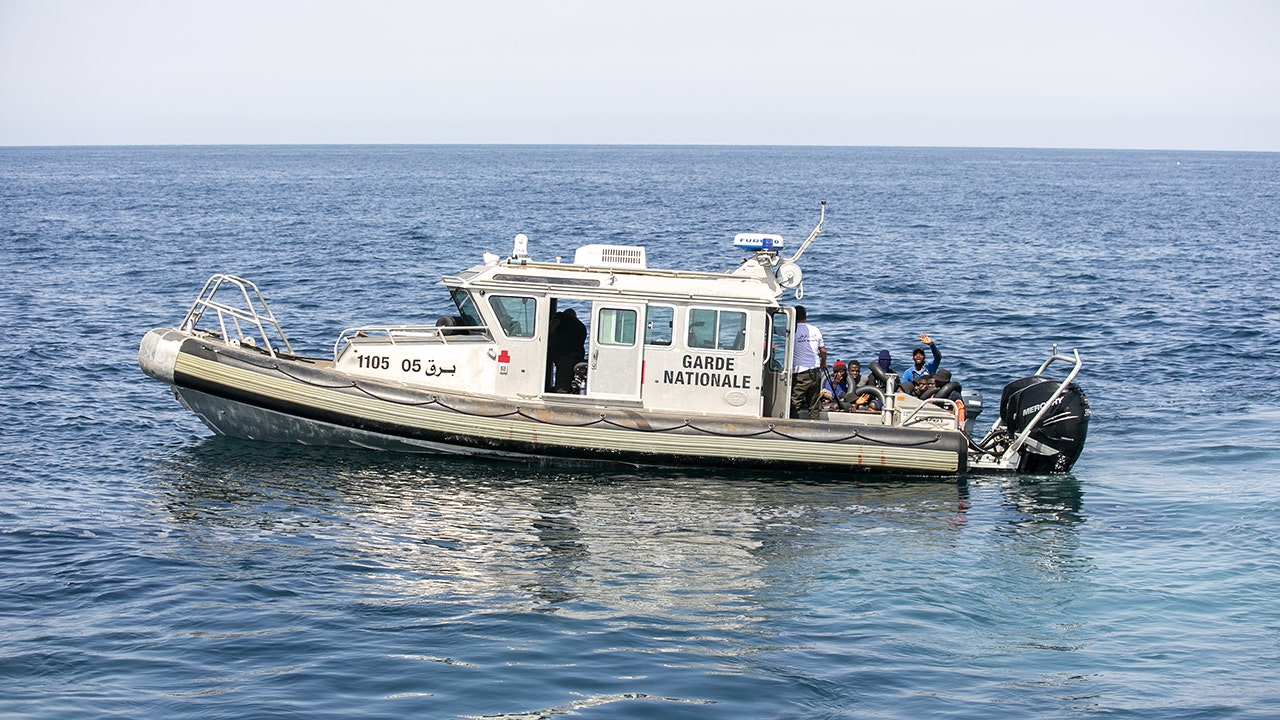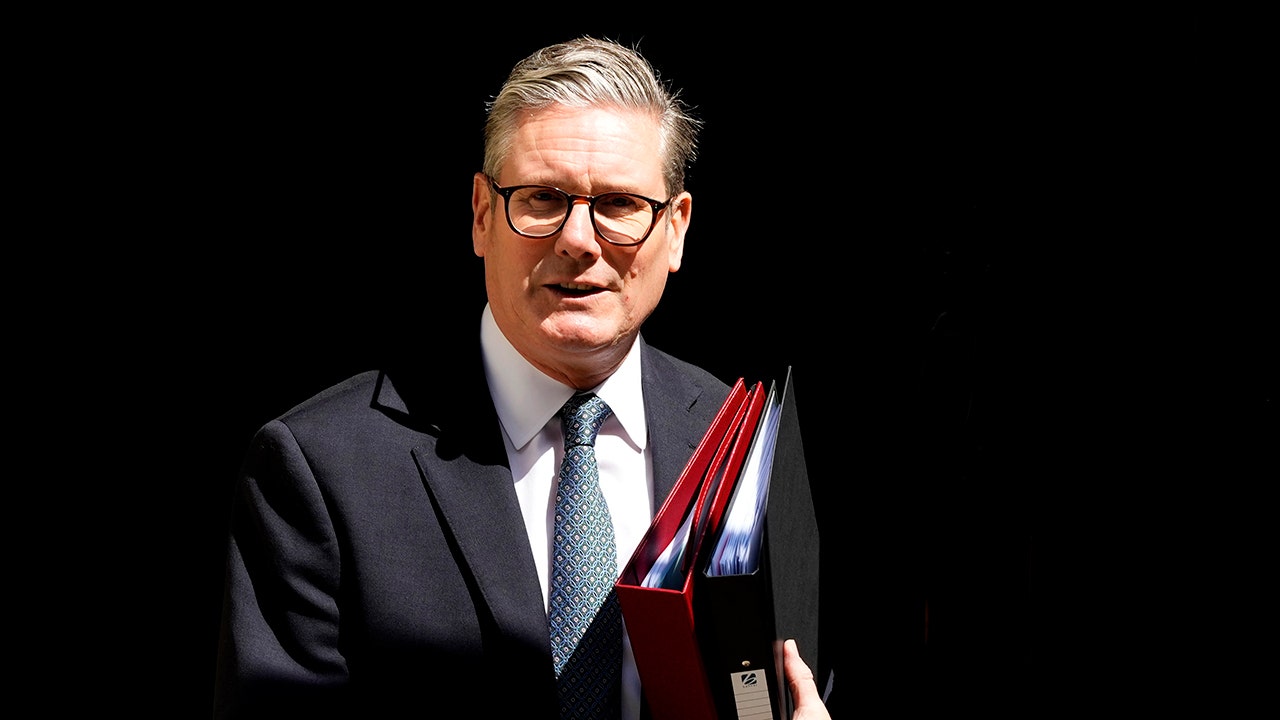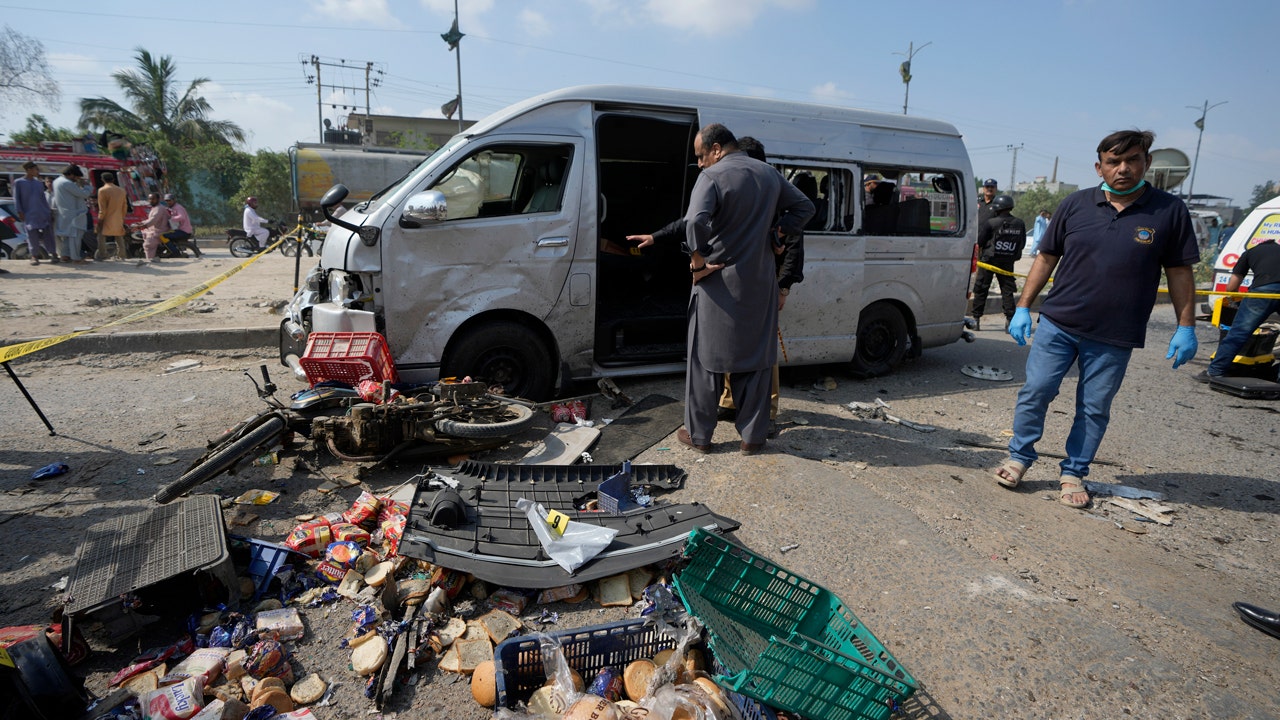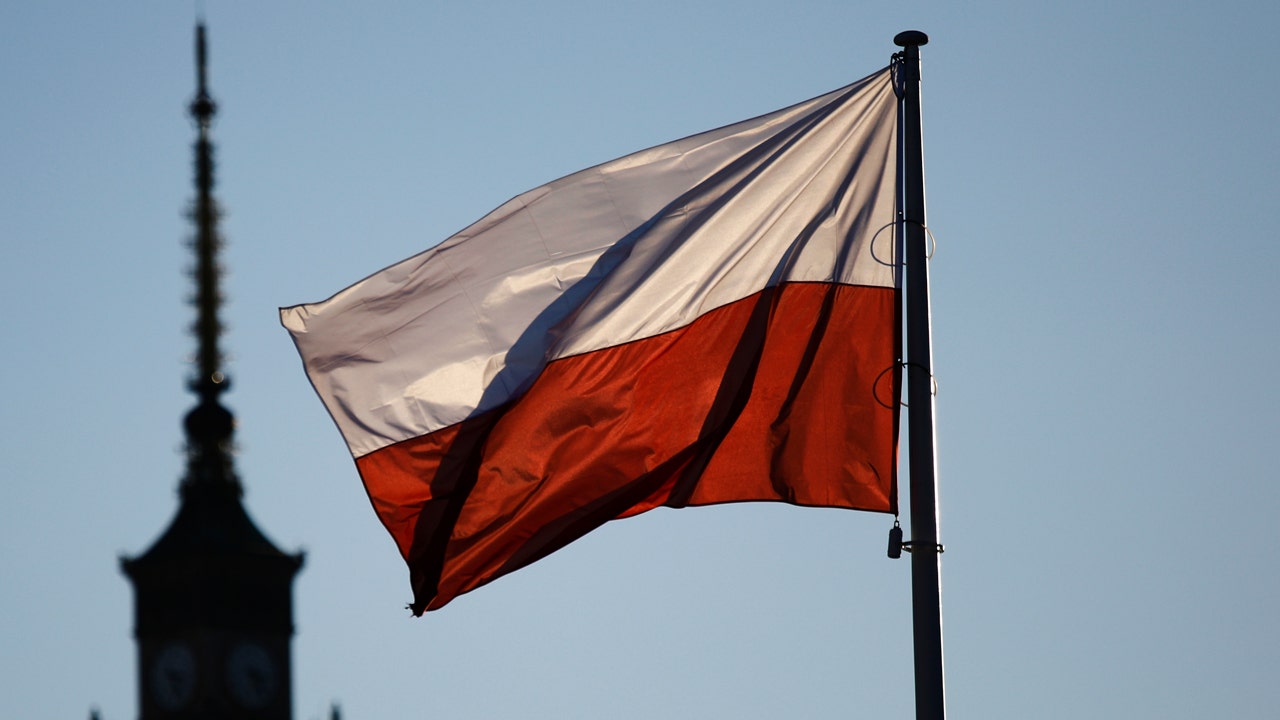As the United States military rushes to assemble a temporary port on the Gaza coast, daunting practical challenges to the seaborne humanitarian effort to stave off famine in the territory are becoming increasingly apparent. The obstacles include logistics, cost and security issues, diplomats and aid officials say.
But the desperate conditions in Gaza, depicted in images of starving children, make the American-led international plan a necessity, they say, especially given the tight security imposed by Israel that is slowing land shipments of food, water and medicine.
Even if it can overcome the hurdles, the international initiative is likely to take several weeks, if not months, to reach its goal of delivering two million meals a day to the people of Gaza.
Citing the spiraling humanitarian catastrophe in Gaza, Canada and Sweden are resuming funding for the main United Nations agency supporting Palestinian refugees in Gaza. The governments said the embattled agency had taken steps to improve accountability amid accusations that some of its employees had links to Hamas.
The two countries were among more than a dozen that suspended payments to the aid organization, the United Nations Relief and Works Agency for Palestine Refugees, known as UNRWA, after accusations in January by Israel that a dozen of its 13,000 employees in Gaza had been involved in the Oct. 7 Hamas-led attacks on Israel or their aftermath.
UNRWA has argued that Israel, which has long called for the agency’s removal from Gaza, has targeted it with a “deliberate and concerted campaign” to undermine its operations when its services are most needed. Warnings of widespread hunger bordering on famine have become more urgent, and signs of desperation are growing as people resort to consuming animal feed or ambushing aid trucks.
In a government statement on Saturday, Sweden said that it would disburse a conditional first payment of some $20 million. It said that UNRWA had agreed to allow independent audits and to strengthen internal oversight.
“In this urgent situation, when the need is so great among the civilian population, it is first and foremost important to save lives,” the statement said.
Canadian officials said on Friday that they had received an interim report from the internal United Nations office investigating the claims, and that UNRWA had taken immediate steps to improve accountability. The United Nations has also commissioned an external review.
The Israeli Foreign Ministry reacted angrily to the countries’ decision, issuing a statement calling it “a serious mistake,” reached before the investigations have been completed. “The resumption of funding to UNRWA will not change the fact that the agency is part of the problem and will not be part of the solution in the Gaza Strip,” the ministry said.
The European Union, one of the largest donors to UNRWA, announced last week that it was substantially increasing funding to the agency, saying that Palestinians were facing terrible conditions and should not be made to pay for Hamas’s crimes. The first tranche of 50 million euros, about $54 million, was scheduled to be disbursed this week.
The United States has said it would wait for the results of U.N. investigations before deciding whether to resume donations. It is the agency’s single largest donor, having pledged $344 million in 2022.
The multinational plan to build a functioning pier on the Gaza coastline is undeniably ambitious. But aid officials have criticized it, emphasizing that delivering food by truck is by far the most efficient way to help Gazans and calling for Israel to open new crossing points in northern Gaza and to ease its entry restrictions.
U.S. officials have conceded it will take time, but say a maritime corridor will eventually enable them to massively increase the amount of aid.
Gaza does not have a functioning port and its coastal waters are too shallow for most vessels — particularly the large barges that would be necessary to ferry the enormous amounts of cargo necessary for hundreds of thousands of hungry Palestinians.
Ursula von der Leyen, the president of the E.U. executive body, said Friday that officials expected to test the process in the coming days during what she described as a pilot project. But it was not immediately clear how or where any vessels would unload their cargo or how it would be distributed with continuing Israeli bombardment and attacks on aid trucks by both ordinary Palestinians and well-organized gangs, according to aid officials. Hundreds of thousands of Gaza’s 2.3 million people face the threat of starvation.
The effort will be costly, but it is uncertain how expensive. Initial estimates for the floating pier and shipping expenses run to tens of millions of dollars over several months.
But security and distribution, more than money, seem to be the bigger challenges. It is unclear who will manage and secure the port area and the convoys that would be needed to distribute the aid. In his State of the Union speech Thursday night, President Biden was adamant that no “American boots” would touch ground in Gaza.
Israel’s invasion successfully toppled Hamas’s government in northern Gaza but nothing has filled the security vacuum, resulting in widespread lawlessness in the north.
The remaining employees of Hamas’s civilian police could step in to provide security, U.N. officials have said, but their involvement would likely be unacceptable to Israel and the United States.
The Israeli military could patrol the convoys, but their presence would pose a challenge for the United Nations, which takes pains to avoid being seen as too close to any side in the conflict. The U.N. coordinates its convoys with Israel, but does not request that the Israeli military secure them.






